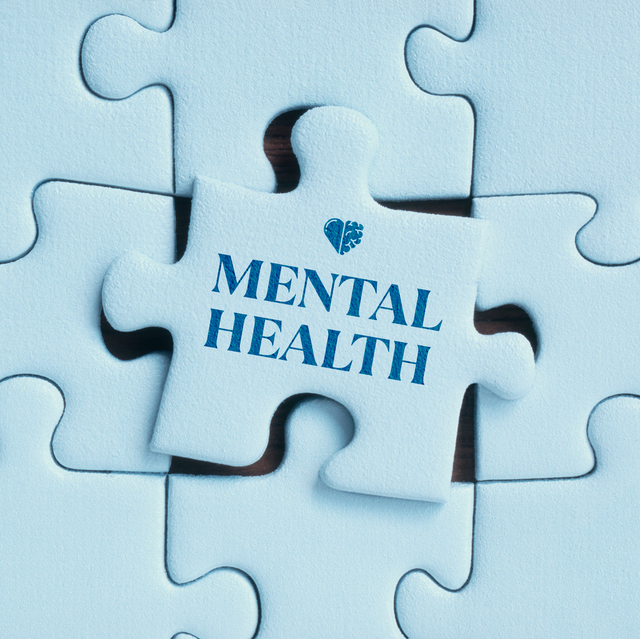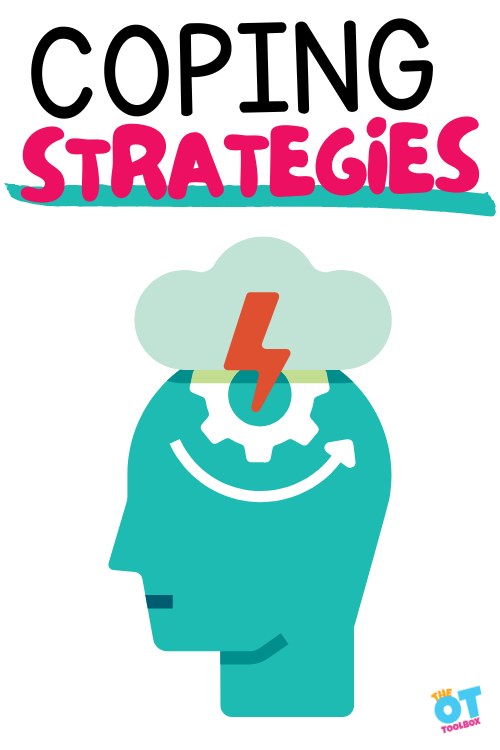
Mental health disorders, such as anxiety and depression, have become increasingly prevalent in today's society. According to the World Health Organization (WHO), globally, more than 264 million people of all ages suffer from depression, and over 284 million suffer from anxiety disorders. These conditions can have a significant impact on a person's quality of life, affecting their relationships, work, and overall well-being. Therefore, it is crucial to address mental health issues and provide support to those who are struggling with anxiety and depression.
Understanding Anxiety and Depression
Anxiety and depression are two common mental health disorders that can often co-exist or occur independently. Anxiety is characterized by feelings of worry, fear, or unease, while depression involves persistent feelings of sadness, hopelessness, and loss of interest in activities. Both disorders can manifest in various ways and impact different areas of a person's life.
Symptoms and common signs of anxiety and depression
Symptoms of anxiety may include excessive worrying, restlessness, fatigue, difficulty concentrating, and irritability. On the other hand, depression symptoms may involve feelings of sadness, loss of interest, changes in appetite or weight, sleep disturbances, and thoughts of worthlessness or guilt.
Causes and risk factors for developing anxiety and depression
Various factors can contribute to the development of anxiety and depression, including genetic predisposition, brain chemistry, personality traits, life experiences, and trauma. Other risk factors such as chronic stress, medical conditions, substance abuse, and certain medications can also play a role in the onset of these disorders.
Types of Anxiety and Depression
- Generalized Anxiety Disorder (GAD): Characterized by excessive worry and anxiety about various aspects of life.
- Social Anxiety Disorder: Involves intense fear or anxiety in social situations.
- Major Depressive Disorder (MDD): Persistent feelings of sadness, hopelessness, and loss of interest in daily activities.
- Persistent Depressive Disorder (PDD): A chronic form of depression lasting for two years or more.
Coping Mechanisms for Managing Anxiety and Depression
When dealing with anxiety and depression, seeking professional help is essential. Therapy options such as Cognitive Behavioral Therapy (CBT), Dialectical Behavior Therapy (DBT), and Exposure Therapy can be effective in treating these disorders. Additionally, medication options, including antidepressants and anti-anxiety medications, may be prescribed by healthcare providers to help manage symptoms.
Lifestyle changes to improve mental health
In addition to therapy and medication, adopting healthy habits can also contribute to improving mental well-being. Engaging in regular exercise, maintaining a balanced diet, and ensuring sufficient rest through proper sleep can all support mental health. Stress management techniques such as meditation and mindfulness practices can also be beneficial in reducing anxiety and depression symptoms.
Recognizing Triggers and Implementing Coping Strategies
Identifying personal triggers that exacerbate anxiety and depression is crucial in managing these conditions. By understanding what situations or thoughts trigger negative emotions, individuals can develop coping strategies to address these triggers effectively. This may involve creating a plan to respond to triggers, engaging in relaxation techniques, or seeking support from loved ones or mental health professionals.

Self-care and Well-being Practices
Self-care plays a significant role in managing anxiety and depression. Setting boundaries, practicing self-compassion, and engaging in activities that bring joy and relaxation are all essential aspects of self-care. By prioritizing one's well-being and mental health, individuals can build resilience and emotional strength to cope with the challenges of living with anxiety and depression.
Self-Care Tips
- Setting boundaries: Learning to say no and establishing healthy boundaries in relationships can help reduce stress and anxiety.
- Practicing self-compassion: Being kind to oneself and acknowledging one's worth can improve self-esteem and overall well-being.
- Engaging in activities that bring joy: Pursuing hobbies, spending time in nature, or connecting with loved ones can boost mood and alleviate symptoms of depression.

Conclusion
In conclusion, addressing anxiety and depression is crucial for maintaining mental health and overall well-being. By understanding the symptoms, causes, and types of these disorders, individuals can seek appropriate help and support to manage their mental health effectively. Coping mechanisms such as therapy, medication, lifestyle changes, and self-care practices can all contribute to reducing the impact of anxiety and depression on one's life. Remember, you are not alone, and reaching out for help is a sign of strength in managing mental health challenges.
FAQs
Q: What are common symptoms of anxiety and depression?
A: Common symptoms of anxiety include excessive worrying, restlessness, fatigue, difficulty concentrating, and irritability. Depression symptoms may involve feelings of sadness, loss of interest, changes in appetite or weight, sleep disturbances, and thoughts of worthlessness or guilt.
Q: What are some lifestyle changes that can help improve mental health?
A: Engaging in regular exercise, maintaining a balanced diet, ensuring sufficient rest through proper sleep, and practicing stress management techniques like meditation and mindfulness can contribute to improved mental well-being.
Q: How can individuals recognize triggers for anxiety and depression?
A: By identifying personal triggers that exacerbate negative emotions, individuals can develop coping strategies to address these triggers effectively. This may involve creating a plan to respond to triggers, engaging in relaxation techniques, or seeking support from loved ones or mental health professionals.
Q: What are some self-care tips for managing anxiety and depression?
A: Setting boundaries, practicing self-compassion, and engaging in activities that bring joy and relaxation are essential aspects of self-care for managing anxiety and depression. Prioritizing well-being and mental health can help build resilience and emotional strength.


0 Comments